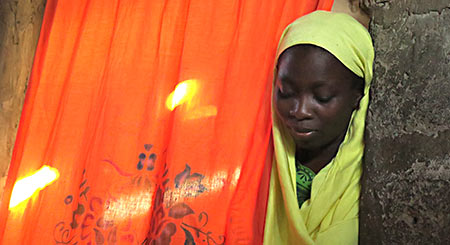Session 1/21
Page 4/5: Topic B: The first exercise in the programTopic B: The first exercise in the program: Your personal knowledge about attachment and separation
On this page you find the first exercise to help you realize the valuable knowledge you already have about how children react when they experience separations from primary caregivers. This will help you understand how you can use your life experiences as a resource in understanding and working with the foster child. Interviews between the foster parents, or between the foster parent and the supervisor.

- The purpose of the interview is to find out what you know about being attached to important people while you grew up, and also how you reacted to separations while you grew up. Furthermore, to discuss how each foster parent can use her or his childhood experience when working as a professional child caregiver.
- One participant interviews the other for 20 minutes.
- Then roles are reversed and the other person interviews.
- After the interviews, you reflect together upon your knowledge.
Simply ask the questions and listen to the answers. Please do not interrupt the person who is answering. Listen carefully.
INTERVIEW
Your start in life:
- What was the situation of your parents when your mother became pregnant – where did they live, how old were they, how many children did they have?
- Do you know how your mother’s pregnancy and your birth was? (did your parents tell any stories about it?)
- Who looked after you from your birth and until you were 3 years old?
- What is the traditional way of taking care of babies in your culture?
- What was the best thing in the way your parents cared for you?
- What values about family life did this give you?
- What is the most secure and comforting situation you can remember from your childhood with a parent or a caregiver?
- What is the first difficult separation you can remember, long or short?
- How did you react to this – what did you think, feel, do?
- How did you try to cope with this separation – what did you think, feel and do? (anger towards the caregiver?, “freezing inside?”, trying to forget or ignore and function anyway?, feeling sad?)
- What was the most helpful thing adults did to help you get over a difficult separation?
Your professional development:
- What made you choose to become a foster parent?
- Based on your childhood experiences: What are the most important basic values for you as a professional foster caregiver – what is most important for you in childcare?
Your professional development:
- How do you feel about your foster child?
- What do you find most rewarding and most difficult in your daily work?
- Do you recognize any of the child’s problems from your own childhood? How can this understanding be used in the way you work with the child?
- What do you think is most important for you to work with in order to become a better foster care professional?
- How can your network support you in this development?

